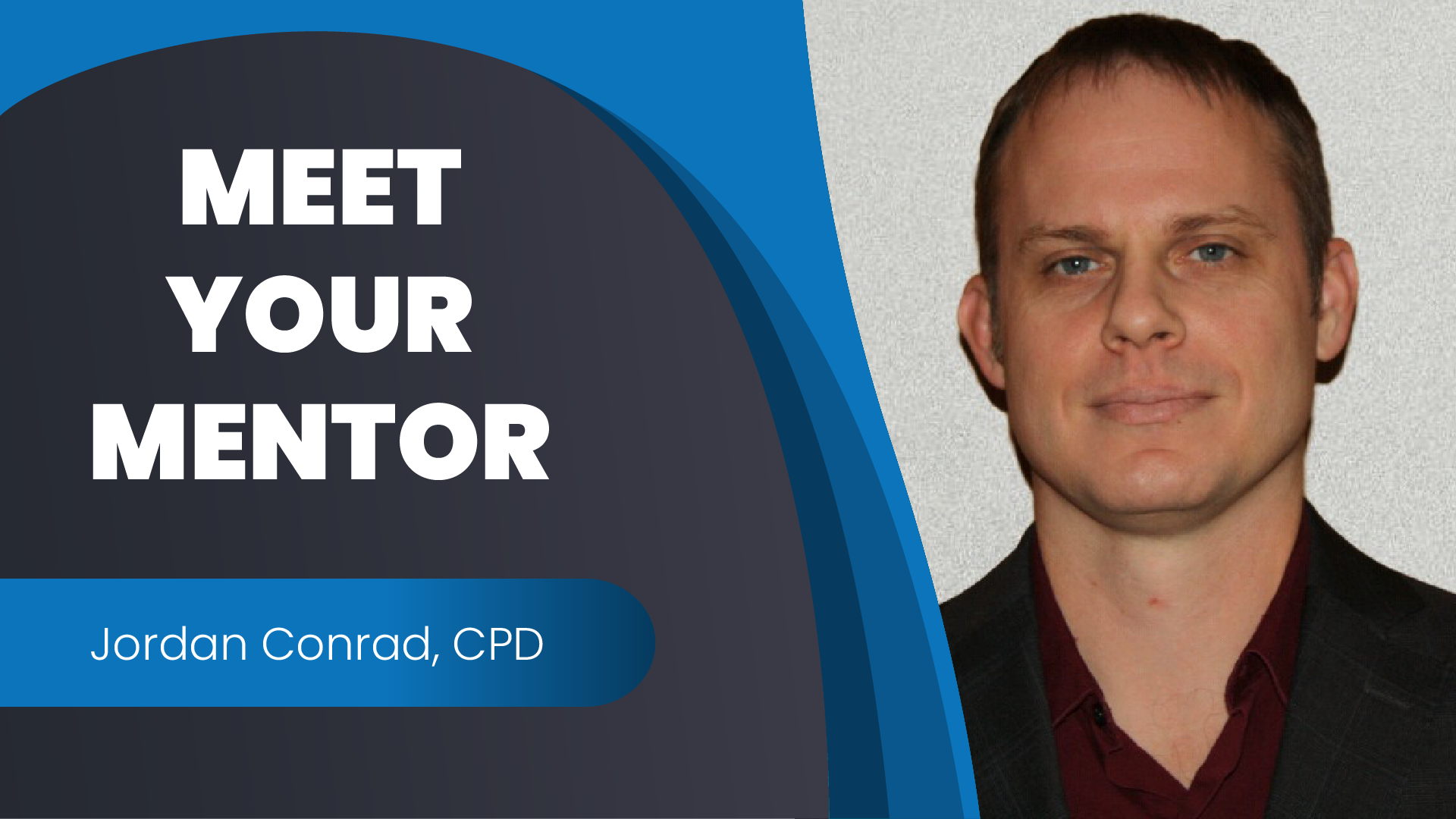About Jordan
I spent 21 years in the Army, 16 as a Green Beret, working on and leading teams executing projects from the tactical to strategic levels.
My 16 years as a Green Beret were spent on Special Forces’ teams and staff planning and executing training and operations across Europe, northern Africa, the Middle East, and Central Asia.
During that time, I was known for my problem solving, critical thinking, and attention to detail. The time I spent planning and managing operations and projects provided me with a solid grounding in budgeting, logistics, and time management.
My experiences in Special Forces ranged from assisting with neural surgery at the military hospital in Balad, Iraq to conducting combat operations in Afghanistan to training students at the Special Forces school house.
As a leader, what I find most rewarding is mentoring and developing subordinates and junior service members. I believe that providing people with the tools to control and grow their own lives is the cornerstone of a functional society.
Helping people take responsibility for their lives stops them from stagnating due to dependency or acting out in unhealthy ways over perceived injustices of not receiving their due.
What was the biggest project challenge was you’ve ever faced?
During my final deployment in the military, I took responsibility for clearing up historic finance issues with ongoing projects.
As I dug into the issues, I identified a growing list of problems which increased conflict with oversight elements for clearing up the issues and continuing to execute the current projects.
As time passed, it became apparent that the personnel providing oversight lacked experience with and understanding of the activities they were overseeing and policies they were enforcing.
Those individuals also refused to acknowledge their lack of knowledge and understanding or accept attempts to educate them.
By the time I finished my deployment, it became impossible to clear up historic issues or continue current project activities because the individuals responsible for oversight rejected every attempt to provide them with documentation to answer their demands.
Because of their lack of knowledge and experience they could not articulate what they needed and would not accept anything we provided that should have met their needs.
How do you manage the good idea fairy?
My method for managing the good idea fairy is to set limits at the outset for what will be in and out of scope for a project.
While I led my detachment, my guidance to them was that as long as they could articulate how their idea met our end state, they could bring it to me for consideration.
However, if they could not articulate that, it was a non-starter and I would not even consider it.
How would you describe your personal communication style?
I prefer face-to-face interactions whenever feasible.
I also try to avoid addressing performance issues in front of individuals not directly involved in the issue, unless there is a larger teaching point to the issue that pertains to the team as a whole and I am dealing with the issue immediately.
If the issue is being addressed after the fact, my preference is to address it in a private space with only those it directly pertains to.
How do you continually improve as a project manager?
My primary method of continuous improvement as a project manager by executing projects and refining my management techniques.
I also engage in professional development by taking additional training and reading / listening to project management relevant material.
Most of my project management skills were developed in action through trial and error since I hand limited mentorship in the subject area as I rose through the ranks.
What advice would you give someone just starting out in project management?
Be open to advice and new ideas. There is too much information out there for anyone to have all of it.
Things also evolve and change continuously so if you become set in one method you will stagnate and fall behind the best practices, which will lead to poor results in the future.
Seek diverse sources of input and validate their value to ensure what you are getting is of high quality and take input from any source you cannot validate with a grain of salt.
Connect with Jordan on LinkedIn: https://www.linkedin.com/in/jordan-conrad/
